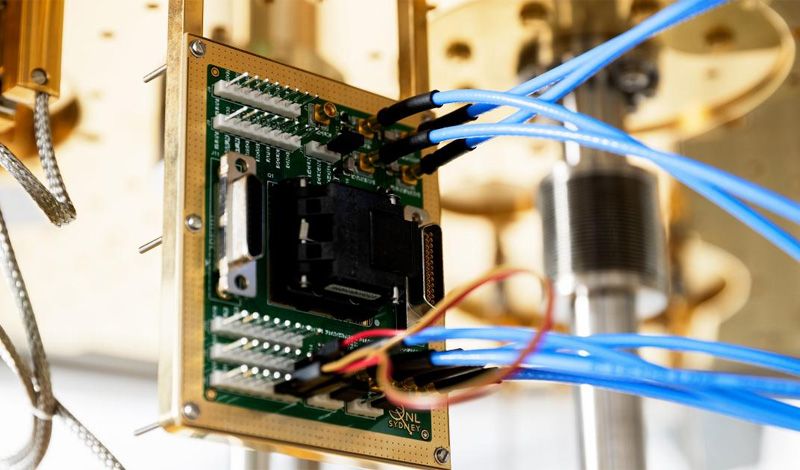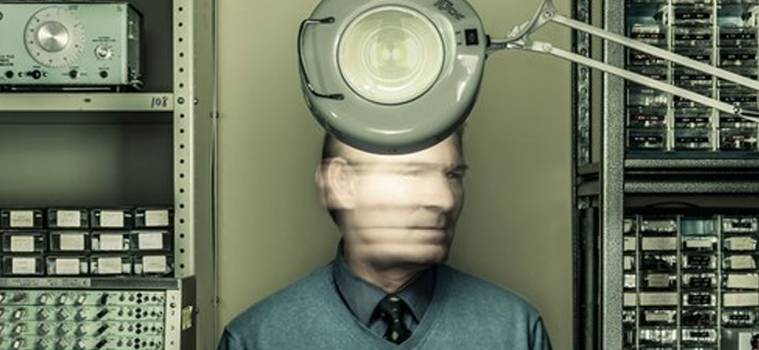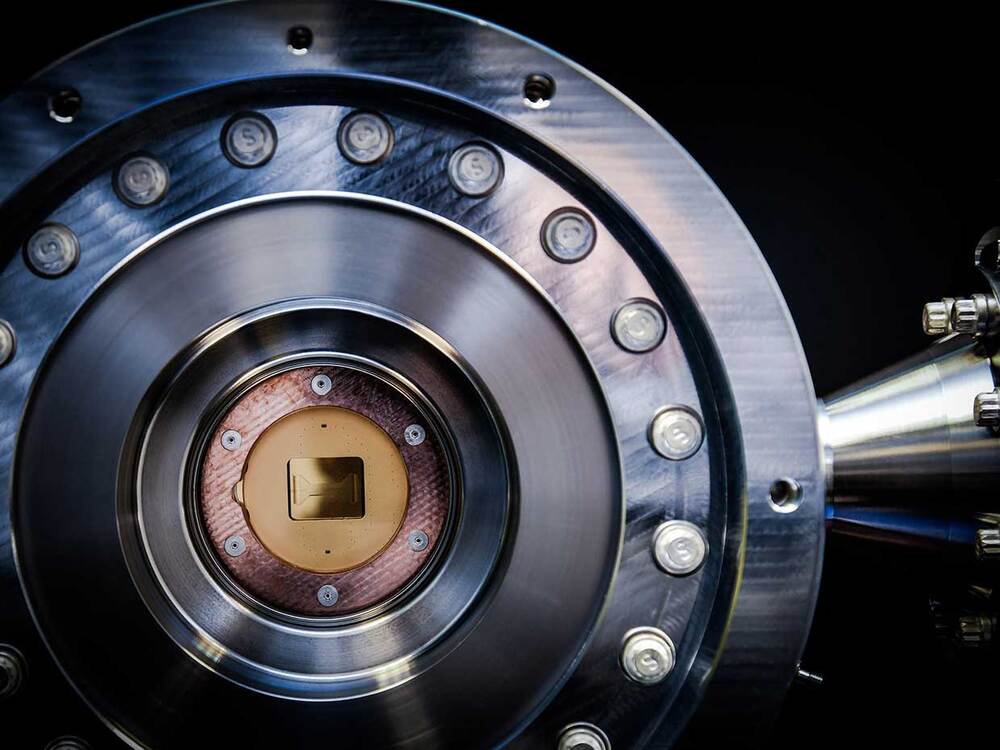Australian scientists have developed a new cryogenic computer system called Gooseberry which has potential for scaling up quantum computers from dozens to thousands of qubits.





“A famous neurologist Phil Kennedy made global headlines in the late 1990s for implanting wire electrodes in the brain of a ‘locked-in patient’ to control a computer cursor with their mind. Compared to Alexander Graham Bell in The Washington Post, Kennedy became known as ‘The Father of the Cyborgs’. Travelling to South America in 2014, he made further headlines when tiny electrodes were implanted inside his brain in order to continue his research. This film examines the ethical quandaries of self-experimentation and a future where technology and human brains combine.”
Screen Ireland/Fís Éireann is the development agency for the Irish Film Industry investing in talent, creativity and enterprise.
The “Flesh Without Blood” singer put a timeline on the plans, stating: “Let’s aim for chips by 2022. It’s experimental surgery but if it succeeds we’ll have the knowledge of the Gods haha.”
Lil Uzi agreed, writing: “Okay!!! I will call u for more detail.”

O., o circa 2020.
Last week, Honeywell’s Quantum Solutions division released its first commercial quantum computer: a system based on trapped ions comprising 10 qubits. The H1, as it’s called, is actually the same ion trap chip the company debuted as a prototype, but with four additional ions. The company revealed a roadmap that it says will rapidly lead to much more powerful quantum computers. Separately, a competitor in ion-trap quantum computing, Maryland-based startup IonQ, unveiled a 32-qubit ion computer last month.



That’s not to say Taiwan is the only player in the semiconductor supply chain. The U.S. still holds dominant positions, notably in chip design and electronic software tools; ASML Holding NV of the Netherlands has a monopoly on the machines needed to fabricate the best chips; Japan is a key supplier of equipment, chemicals and wafers.
U.S., European and Japanese automakers are lobbying their governments for help, with Taiwan and TSMC being asked to step in. Chancellor Angela Merkel and President Emmanuel Macron discussed the potential for shortages last year and agreed on the need to accelerate Europe’s push to develop its own chip industry, according to a French official with knowledge of the matter.
The auto industry’s pleas illustrate how TSMC’s chip-making skills have handed Taiwan political and economic leverage in a world where technology is being enlisted in the great power rivalry between the U.S. and China — a standoff unlikely to ease under the administration of Joe Biden.
Taiwan’s grip on the semiconductor business — despite being under constant threat of invasion by Beijing — also represents a choke point in the global supply chain that’s giving new urgency to plans from Tokyo to Washington and Beijing to increase self-reliance.
